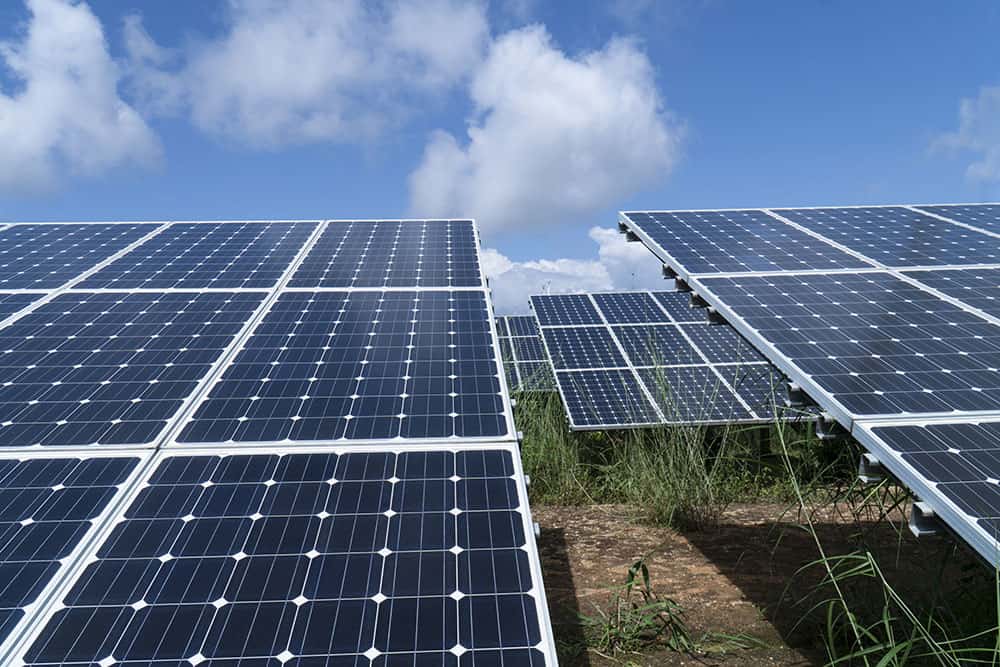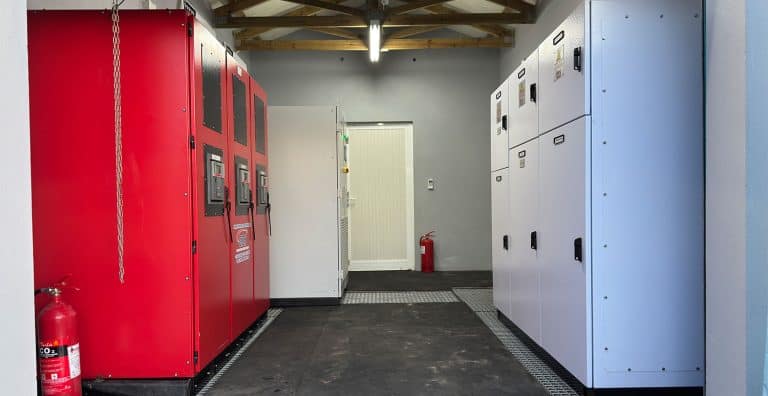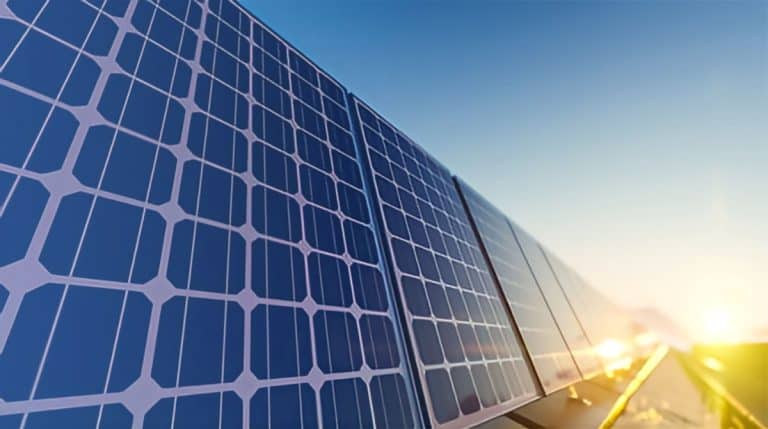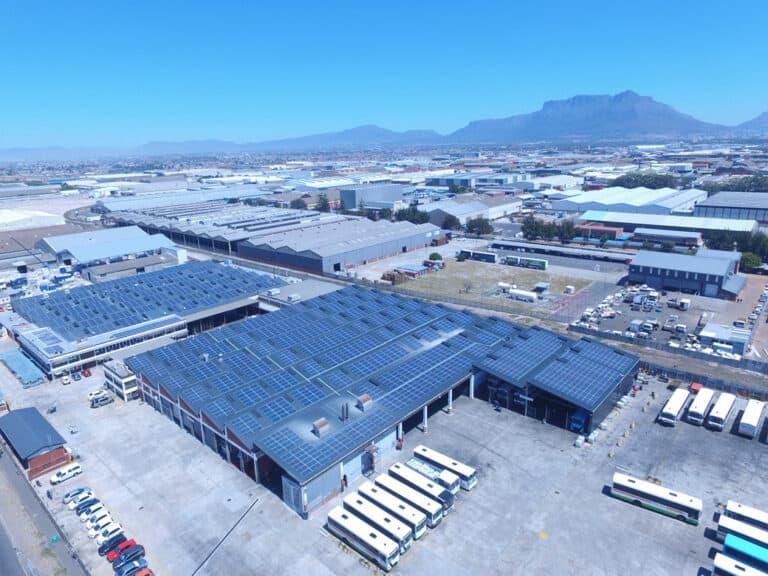More of your questions answered regarding solar power
This article is the second in a 2-part series that answers the most frequently asked questions regarding solar power.
The first part answered these questions:
How does solar power work?
Is there a financial benefit of using solar power?
What are the environmental benefits of going solar?
Which direction must solar panels face?
Where must inverters be placed?
What is net metering?
How will a solar system impact my property value?
This article continues this journey with more of your questions answered regarding solar power.
How do solar photovoltaic (PV) panels work?
Solar panels absorb the sun’s radiation throughout the day and convert this energy into direct current (DC) electricity. Most homes and businesses run on alternating current (AC) electricity, so the DC electricity is then passed through an inverter to convert it to usable AC electricity. At that point, you either use the electricity in your house or business, or wheel it into the national electrical grid.
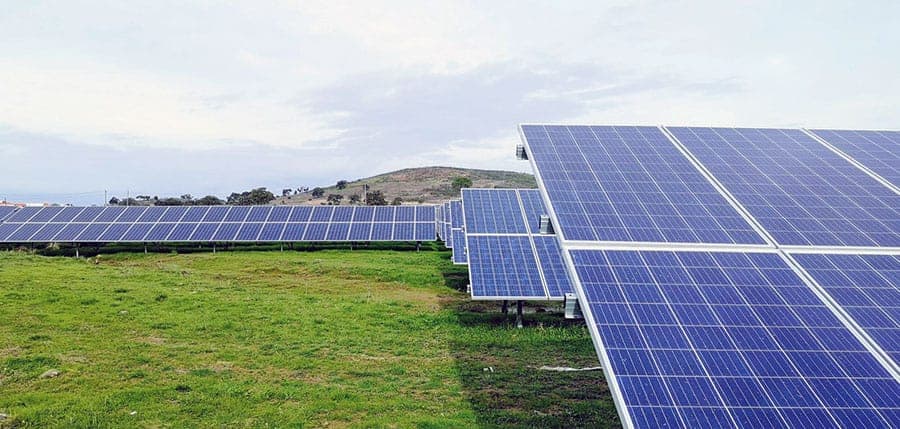
So solar panels work at night?
Producing solar power is dependent on sunlight. Accordingly, solar systems will produce slightly less energy when the weather is cloudy, and no energy at night. However, because of high electricity costs and the multiple benefits of using solar power, solar is a smart decision even if you live in an area with a cloudy climate.
What happens if there is dust or mud on solar panels?
Solar panels convert sunshine into power, so if your panels are covered in dust or mud, their ability to produce solar power will be impaired. Dust is generally not heavy enough to cause structural issues with your panels but it will affect their efficiency. If dust builds up and mixes with rainwater, it can lead to mud caking up, which will have a more significant effect. This is why solar panels should always be kept clean.
Will I still receive an electricity bill if I start using solar power?
Unless your solar energy system includes battery storage and you are completely off the grid, you will still receive a bill from your electricity provider. However, you can dramatically reduce your bill, or even reduce the amount you owe to zero, with a solar panel system that matches your energy use.
Can a home go off-grid with solar panels?
When you install solar panels on your property, in most cases, you will still be connected to the grid. This allows you to draw from the grid when your system is not producing all of the power that you need and send power back to the grid if you produce more than you use. It is possible to go off the grid with a solar energy system that includes battery storage, but it will cost significantly more and is not necessary for the majority of homeowners. This is naturally different with commercial systems, or systems in areas where electricity is difficult to access.
How much will solar panel maintenance cost?
Solar panels are made of durable silicon and require minimal maintenance for the 20 – 25 years that they generate power. It is always advised to clean your solar panels regularly. If something does happen, most equipment manufacturers include warranties. New Southern Energy does offer operations and maintenance packages for the systems we build, with various options. Quotes are available on request.
Do solar panels work during load-shedding?
If your solar power system is connected to the grid, it will shut off in the event of load-shedding. This is to prevent emergency responders and electricity utility repair-people from being injured by your panels sending power back to the grid. However, there are certain inverters and generators you can buy that provide backup power during load-shedding when paired with a battery.
What size solar power system should I get?
The size of your solar energy system will depend on how much electricity you consume on a monthly basis, as well as the weather conditions where your property is situated. You will need to look at your past electricity bills and compare offers from reputable solar installers to determine the best system size for your needs. It is always worthwhile to spend time on these calculations, during the solar consultation process.
How long will a solar system last?
In general, solar panels are very durable and capable of withstanding various weather conditions. The various components of your solar power system will need to be replaced at different times, but your system should continue to generate electricity for 20 – 25 years.


